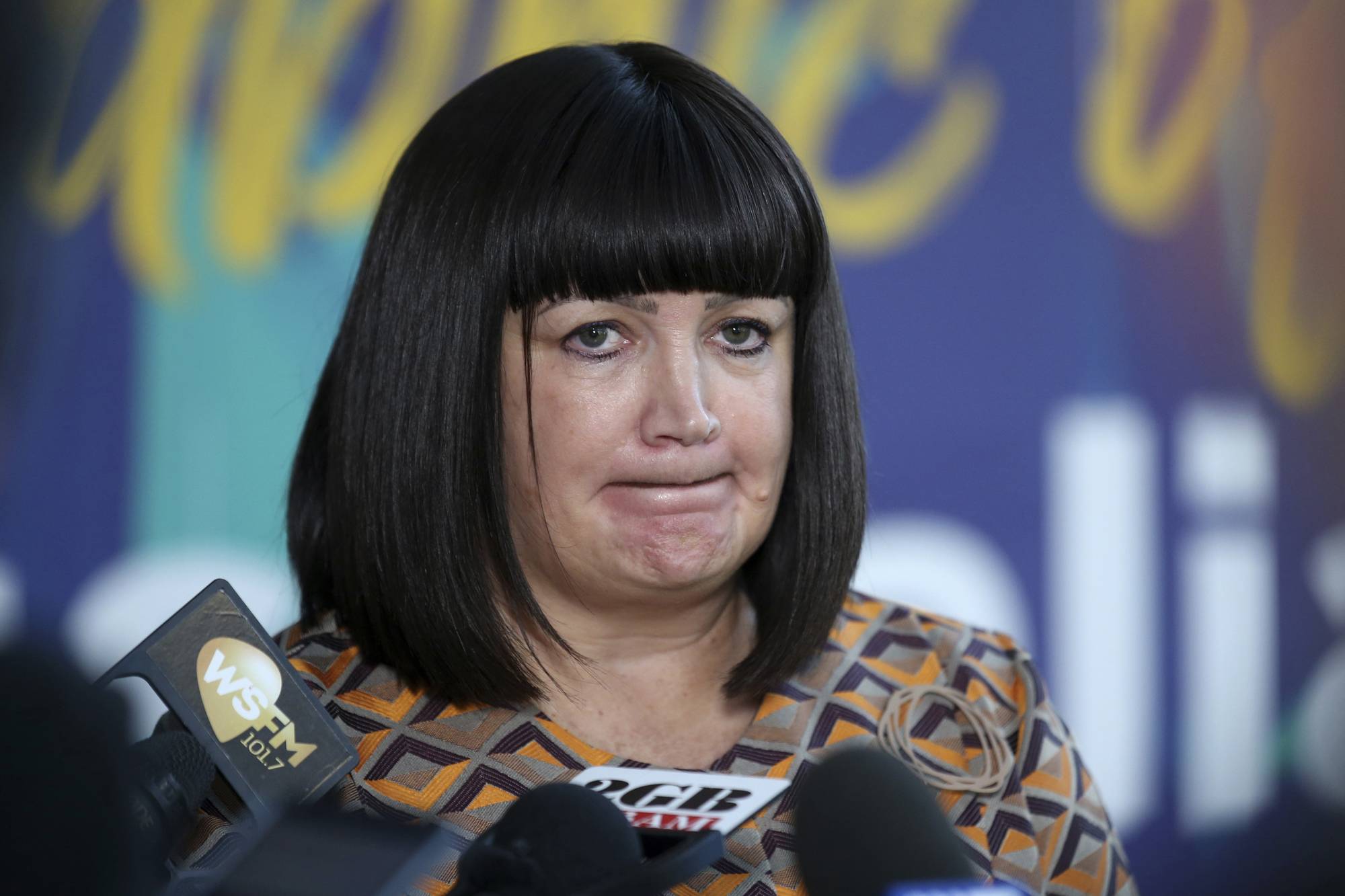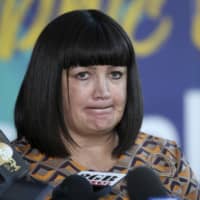Concerns about Raelene Castle's welfare contributed to a loss of confidence in her leadership before her abrupt resignation as chief executive, Rugby Australia (RA) chairman Paul McLean said on Friday.
The New Zealander quit late on Thursday after nearly three years at the helm, saying she believed the RA board no longer wanted her in the role amid a financial crisis compounded by the coronavirus shutdown.
McLean said 48-year-old Castle was a victim of "bullying" on social media and that other executives might have been broken by the personal criticism she endured during her tenure.
"One of my greatest concerns with her was her welfare and how she was on a daily basis," McLean, a former captain of the Wallabies, told reporters in a video conference.
"A lesser person would have thrown the towel in ages ago.
"So the discussion that we had to have as a board was, what is the succession plan if Raelene walked in, rang me one day and said Paul 'I’m gone, I can’t do this anymore'?
"So we’d had some broader discussions about that over the last six months and I suppose it crystalized with some new eyes around the board table.
"And it probably crystalized with the circumstances that we’re all facing with the general economy and how we’re living our life at the moment."
Castle quit only two days after telling reporters she was determined to see RA through the coronavirus shutdown which has left it battling for survival.
Hours later, an open letter from 11 former Wallabies captains demanding leadership change was published in the media, heaping further pressure on her.
McLean said the letter had no bearing on the board's move on Castle, and added that most of its signatories' views on how to fix the sport carried little weight given they were no longer involved in it.
"It's great that people want to put their hand up and get involved but they need to be a part of the process," he said.
McLean, who is set to step down on July 31, said he would take on the role of executive chairman in the "very short term" while the board decided whether to appoint an interim replacement for Castle while searching for a permanent CEO.
McLean said the board was not settled on whether the next CEO needed ties to the game or could come from outside it.
"Both have significant value," he said.
"The rugby connection is really important because that's what we do, that's our business."
The Super Rugby season, which involves four Australian teams and others from South Africa, New Zealand, Argentina and Japan, was suspended midway through March at the end of the seventh round.
A prolonged shutdown would be disastrous, with RA projecting a hit of 120 million Australian dollars to its finances if it's unable to schedule any matches in 2020 due to COVID-19.


















With your current subscription plan you can comment on stories. However, before writing your first comment, please create a display name in the Profile section of your subscriber account page.